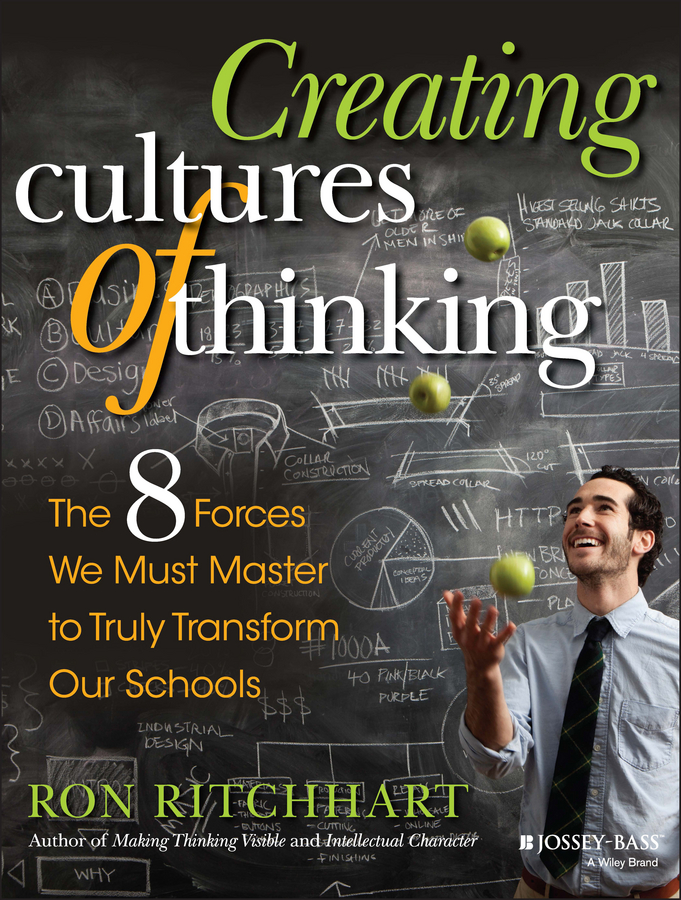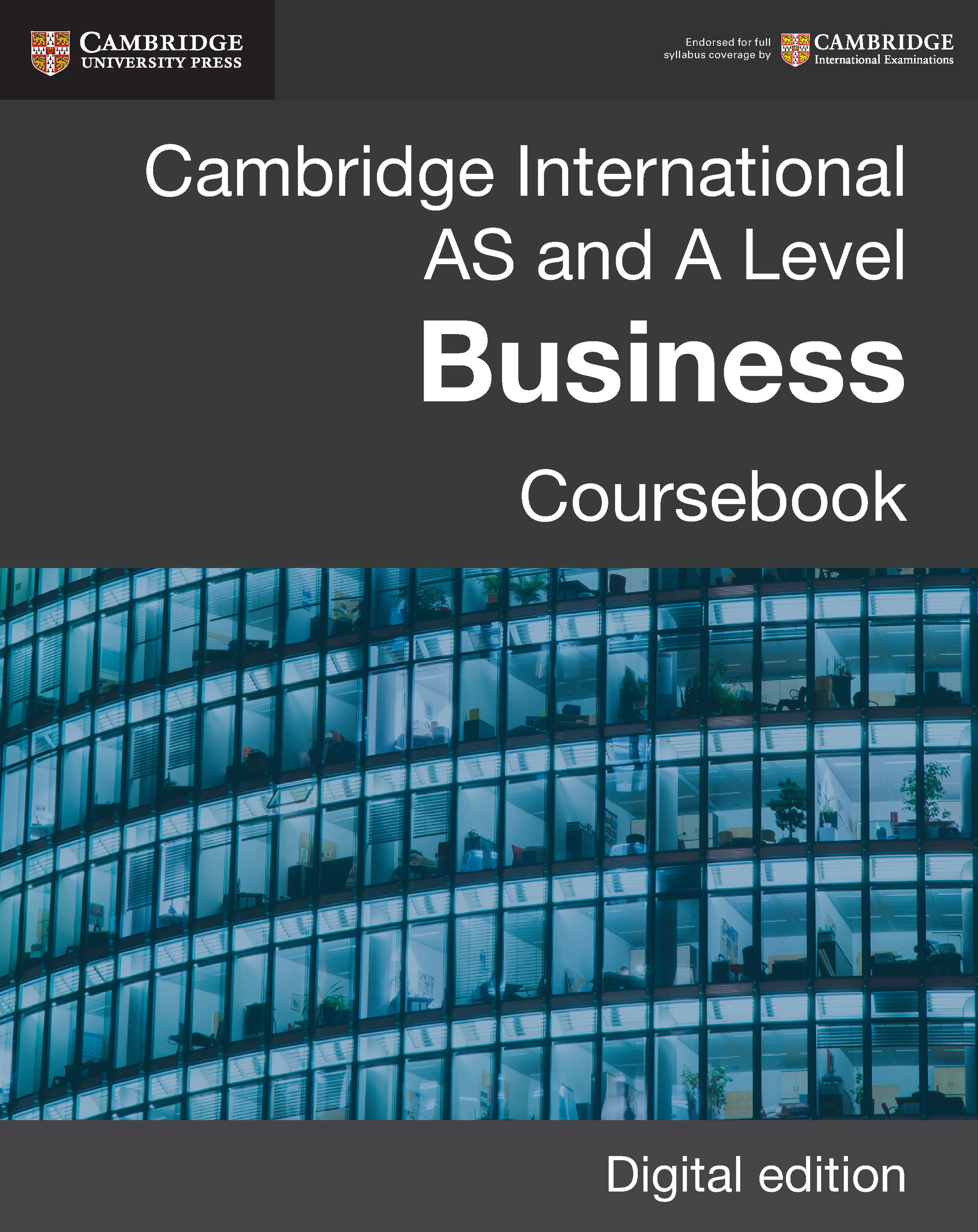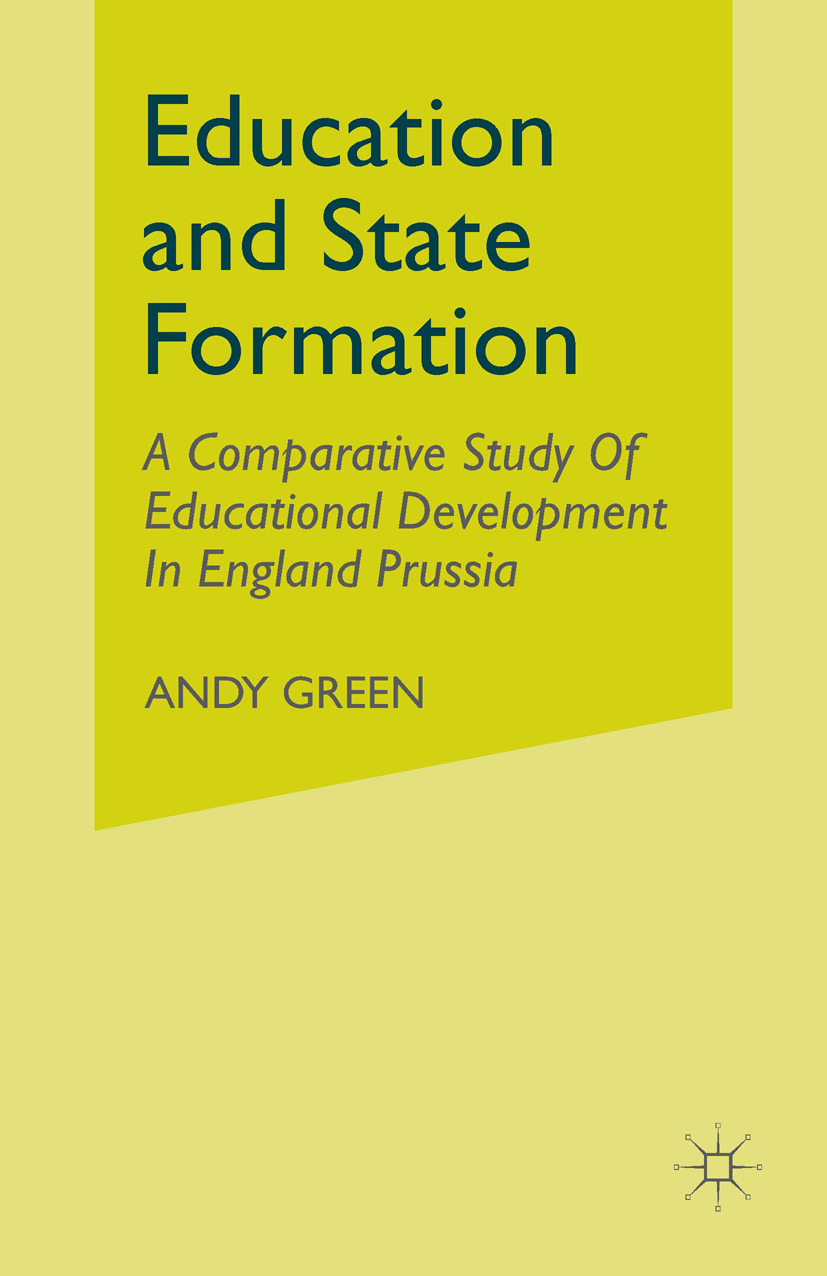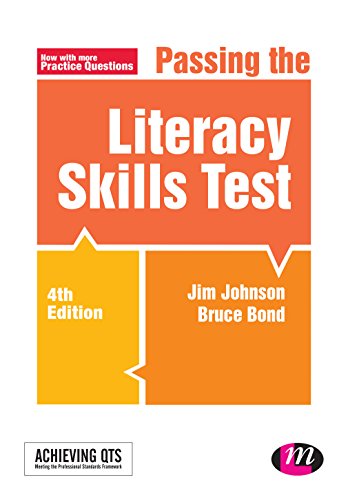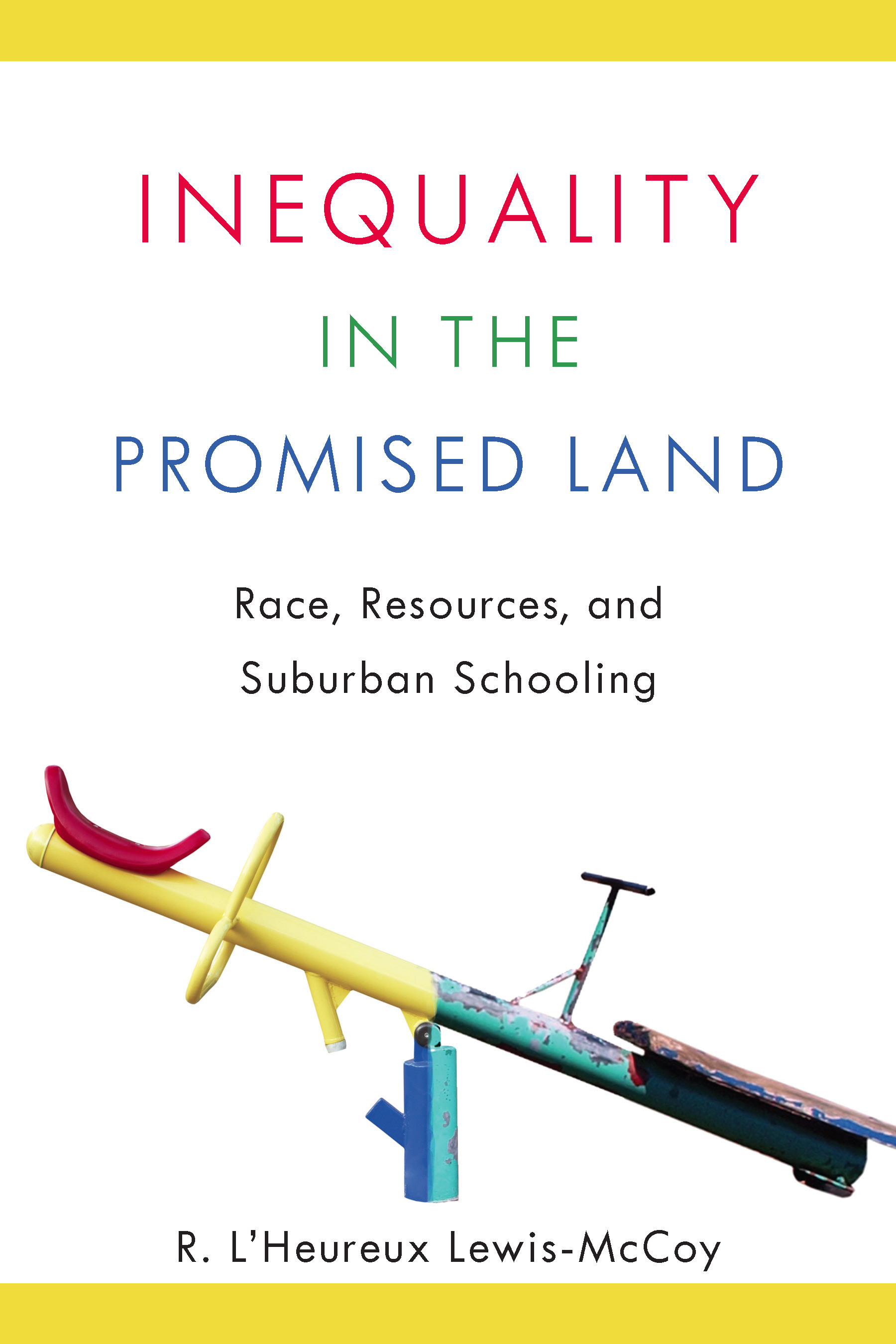Babasaheb Bhimrao Ambedkar's Vision Of Education
by R.C. Sobti
2020-07-22 11:51:14
Babasaheb Bhimrao Ambedkar's Vision Of Education
by R.C. Sobti
2020-07-22 11:51:14
Ambedkar's Social Philosophy Is Articulated Most Eloquently In One Of His Observations, 'If You Want To Develop The Society Then You Need To Spread Education. Education Eradicates The Bias Of The People To Minimize The Exploitation, Domination Of Tho...
Read more
Ambedkar's Social Philosophy Is Articulated Most Eloquently In One Of His Observations, 'If You Want To Develop The Society Then You Need To Spread Education. Education Eradicates The Bias Of The People To Minimize The Exploitation, Domination Of Those People Who Try To Take The Benefit Of The So Called Illiterate People. If The People Get Knowledge Through Education Then They Can Face Problems Created By The Dominators. Education Reforms Opinions, It Tries To Remove The Walls Built Among The People. Envisioning Education As An Instrument For The Change Of The Lives Of People On The Margins Made Him Go With The Powerful Slogan 'Educate, Agitate And Organize'. He Was Of The Opinion That Education Is Not Only A Level For Their Social Mobility But Also A Vital Force For Individual Development And Social Change. Given The Plural Existence And The undamental Importance Of Cultural, Religious, And Other Forms Of Identity To Personal Well Being There Are A Few Questions Which Need To Be Seriously Introspected Such As, What Would Be A Just Response To Cultural Diversity? How Should Public Institutions, Such As The Schools, Colleges And Universities Respond To This Plurality? Do Individuals Have A Right To Cultural Recognition? If So, What Individual And State Obligations Are Needed Towards This Right? Should A Right To Cultural Recognition Be Balanced With The Need For Social Unity And Individual Autonomy? As Far As The Teacher Is Concerned, What He/She Teaches In Class Is Not As Important s How He/She Teaches It. In One Sense Pedagogy Follows From The Logical Structure Of The Curriculum, And Is Thus, By Implication Value Driven. In Another Sense, The Method Of Teaching Constitutes A Relationship Between Teacher And Learner. This Relationship Constitutes A Power Relation. The Teacher Exercises Power And Authority Over The Student. It, Therefore, Has A Moral And Social Dimension. Ambedkar's Thoughts And Educational Philosophy Resonate With The Current Academic Discourses And Hence Make This Epoch Making Thinker Relevant Today To Bring In A Perspective Generated Through Struggled Learning, A Perspective Through Lived Experience. That Learning Needs To Be Appropriately Recognized And Captured In Knowledge Production Cutting Across Boundaries. The Present Compendium Is An Outcome Of The Continuing Deliberations And Concerns Of The University Academics Associated With Various Faculties/Schools Of BBAU, Lucknow. It Focuses On Disseminating The Seminal Thoughts And Messages Embodied In The Writings & Speeches Of Baba Saheb For Promoting A Needed Critical Acumen And Power Of Sifting In Our Youth In General And The Teachers And Teacher Educators In Particular Who Are Engaged In The St Challenging Task Of Preparing Teachers For The 21 Century. It Encompasses A Wide Gamut Of Themes Such As Science, Technology And Innovative olicy For Development In India-Building Upon Ambedkar's Idea Of Equity And Inclusive Growth, Education As Investment, Education As A Catalyst Of Social Change, B.R. Ambedkar On Education-A Clarion Call For Renaissance In India, His Concept Of Schooling, Influence Of Budhism On Ambedkar, Context And Process Of Education : Ambedkar's Vision And Social Thoughts In Addition To A Brief And Succinct Biographical Sketch Of Baba Saheb-A Reformist Par Excellence. Needless To Add That The Powerful Ideas Presented Through This Document Will Provide The Necessary Impetus And Inspiration To Our Young Scholars. We Are Sanguine That It Will Be A Valuable Source For Reflection And Revisiting Educational Issues In The Current Scenario.
Less


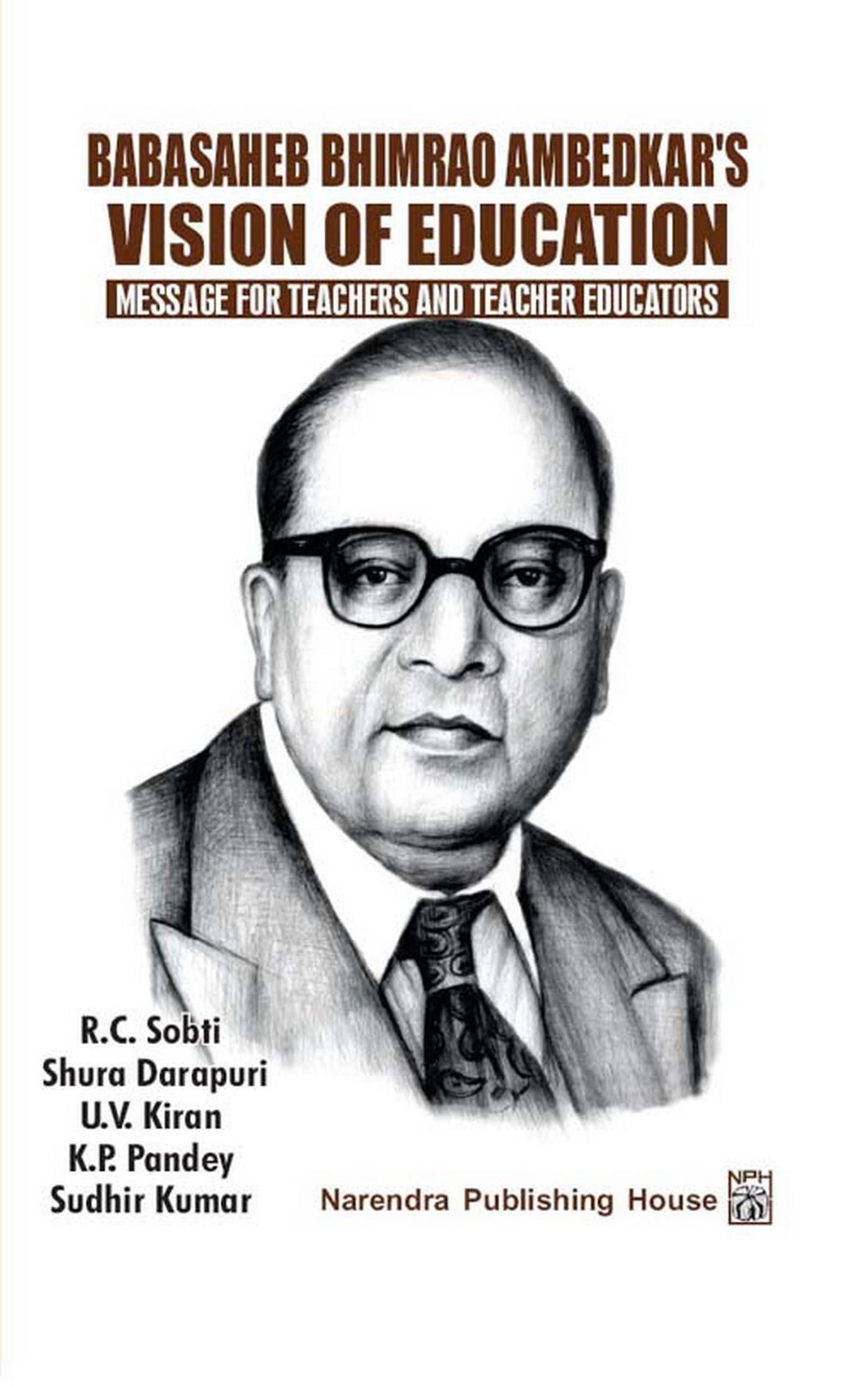





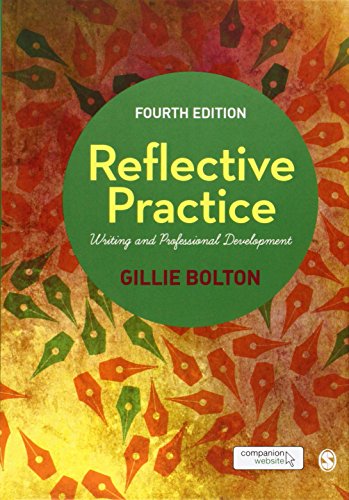





 Origini Della Lotta Attuale (476-1887); Quinta Edizione.jpeg)




